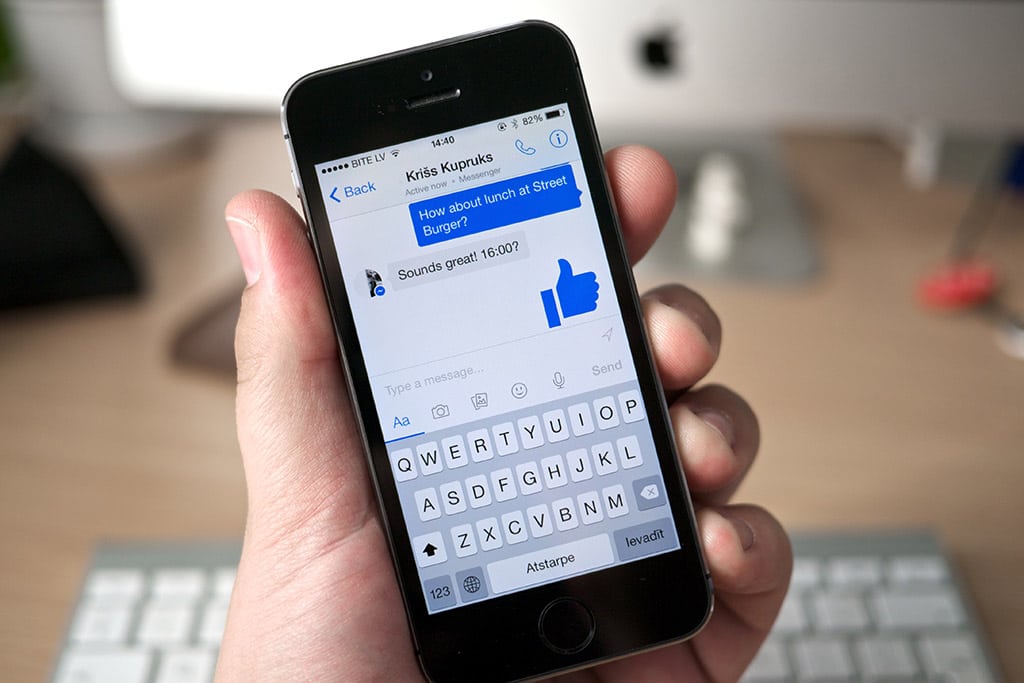What Comes Next for U.S. Consumers, Travel Brands and Messaging in 2017?

Skift Take
The past year was one when consumers in the U.S. began communicating with major brands via messaging apps more intuitively, travel being no exception. But the time and money it takes to test and invest in this complicated technology is significant and 2017 will likely involve more testing and learning for brands before they fully understand what most travelers want when they open a messaging app and rattle off a question.
There's little doubt that travelers' use of messaging platforms around the world grew throughout 2016 — whether it's Facebook Messenger, Skype, WhatsApp, WeChat, or another service.
What is uncertain is whether travel brands have kept pace and adopted messaging as aggressively as many have trumpeted. Part of this dilemma involves brands still figuring out their general social media strategies and how to have a presence on various platforms such as Facebook and Twitter.
Along with that, one question that's plagued parts of the travel industry during the past year -- hotels, in particular -- is: Are messaging apps actually strategic for our brand?
There's plenty of discord in brands' responses, with hotels such as Marriott and Hilton investing in messaging in the hotels' native apps for better customer relationship management. InterContinental Hotels Group (IHG) and Hyatt, for example, say they're on platforms like Facebook Messenger because they want to be where guests are (albeit, Marriott Rewards is active on Facebook Messenger as we highlight below).
Only a handful of major travel brands such as Expedia, Kayak, and Skyscanner have launched bots powered by artificial intelligence this year across Facebook Messenger and Skype. "I think at the end of 2016 you would expect every hotel to have a Facebook presence and be responsive to guests but there are still debates about this," said Benji Greenberg, founder and CEO of BCV, a social media solutions provider for hospitality brands that also helps brands with their messaging strategies.
One big twist is that this is more about markets than it is about brands, and the U.S. is behind.
As this debate swirls, brands in China, including IHG, have used WeChat for years because "it's much more than an instant messaging platform," said Emily Chang, IHG's chief commercial officer for Greater China. Using WeChat, travelers can book hotels, trains and flights in one click with their WeChat Wallets, the platform's digital wallet. The can also pay utility bills and order taxis, for example, in the same app.
Many western brands are playing catch-up to something that IHG and other travel brands in China have been offering for the past four to five years. But much of that is likely because WeChat is designed mainly for Chinese consumers and there isn't an equivalent western rival that's as all-encompassing that has gained traction with consumers.
Still, there are lessons western brands can glean
